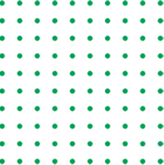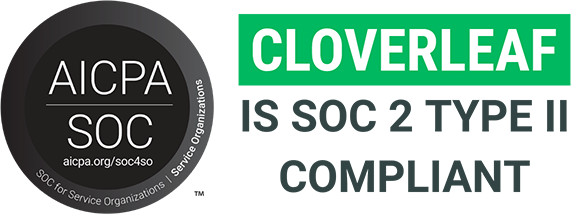Do Cloverleaf’s assessments help with understanding neurodiversity?
While we don’t directly ask individuals about neurodiversity, the mix of assessments on the platform allows us to cover many of the behaviors and work preferences of neurodivergent individuals.
But first off, what is neurodiversity?
According to Harvard Health, neurodiversity is “the idea that people experience and interact with the world around them in many different ways.”
As for how the Cloverleaf assessments apply, consider the example of a user who has Autism. This diagnosis manifests differently for each person. Let’s assume that for this autistic person, he or she is relatively anti-social around people he or she doesn’t know and is somewhat reclusive. These behaviors would present themselves as being very low or high on one or more of the existing assessments (e.g., very low on I of DISC, very high on I of 16 types, very low on approachability of culture pulse, etc.)
We haven’t yet done a large research project to map each neurodiverse category to specific assessments scores. Eventually, with the guidance and approval of an institutional review board, we could pursue such a project in order to help contribute to understanding this important question. Such a project would also help ensure we’re not missing anything behaviorally. But at a high level, it does appear that our assessments have many different types of neurodiverse behaviors that are already being covered. (Additional examples include but are not limited to Aspergers, ADHD, dyslexia, and dyspraxia.)
Why not offer assessments that specifically address neurodiversity?
Assessments can help uncover neurodiverse diagnoses, but these diagnoses need to be paired with behavioral observations and conversations with a medical professional. Additionally, it would be problematic to track such diagnoses in a platform where others would potentially have access to such information, because it might accidentally facilitate discrimination and/or biases. Our platform is purposefully neutral such that no one is targeted as “good” or “bad,” but just different.
Overall, I think that Cloverleaf helps facilitate the conversations that really need to happen among neurodiverse employees (and in many cases, the conversations these employees are afraid to have). Instead of neurodiverse people needing to explain their neurodiversity, all parties can instead focus on preferences and behavior (i.e., how they like to complete tasks and work with others). In other words, the reason why someone behaves a certain way shouldn’t matter (i.e., neurodiversity). What matters is that they do behave a certain way and that all parties should work better together to accommodate those tendencies and preferences.
Learn how to make Cloverleaf your coaching partner to understand the individuals and teams that you work with, drive conversations and even training sessions.




